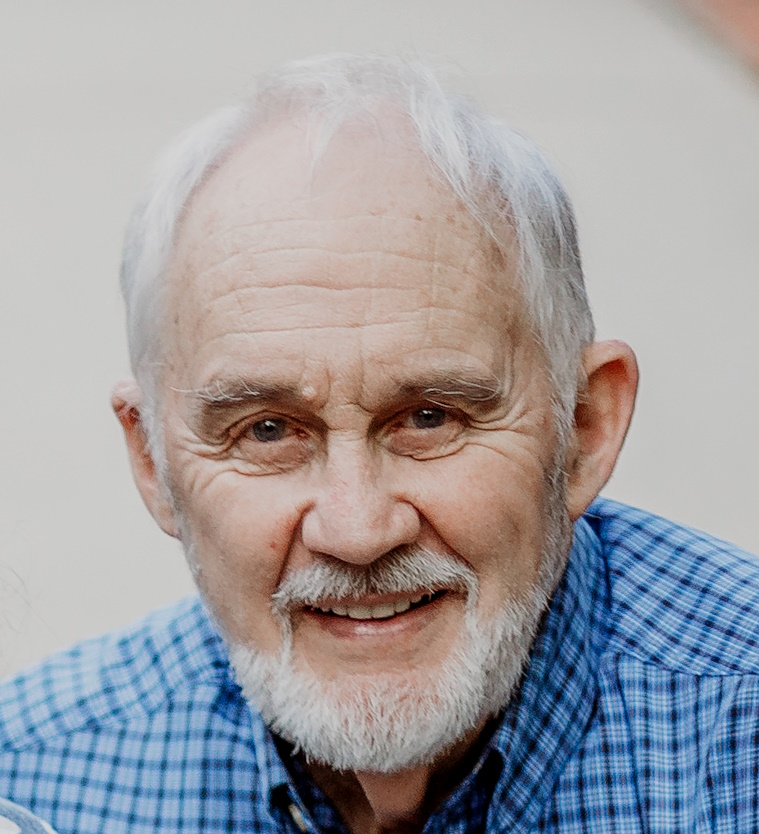
Resources

If you are involved with domestic, family and sexual violence (DFSV) and you are looking for an effective response to the above quotations, this site may interest you. It contains free resources built up over several years by a retired psychotherapist and used in prisons, individual and group settings, with a particular focus on men who have lost their way.
What do they offer?
A way of stopping the violence before it happens. Behaviour change that is welcomed not coerced. Men recovering meaning, purpose, control and dignity - finding their way instead of being lost and confused.
How does it represent a 'way forward'?
It uses new insights into emotional health from a model that is 'radically re-evaluating' healthcare in the UK
What new insights?
Insights from foundation truths or 'givens' that apply to humans everywhere regardless of race, gender, culture or status. A set of ideas that better explain emotional health. (read more)
What has 'therapeutic storytelling' got to do with this?
We dream in stories. Stories are the vehicle to carry sense-making metaphors into the deepest part of our brain, the part where thought and behaviour begin. Metaphor is the language of the emotional brain, and to change thinking and behaviour we need to impact the part of the brain where it originates.
List of resources
The Human Givens
an overview of the new insights
Concept Diagram
see the ideas in a simple chart
Therapeutic Storytelling
keynote address, First Nations Mental Health Conference, Cairns 2022
ESSENCE of health
a useful model for community health and wellbeing
Samson and Delilah
final scene question: Will Samson beat that addiction? gives healthcare workers options to consider
'Diffrent'
an example proposal you are free to consider
Therapeutic Stories: Camp dog
Deals with release from prison issues
Therapeutic Stories: Pigeon story
Suitable for suicide prevention
Therapeutic Stories: Lesson from the swamp
Deals with domestic violence
Therapeutic Stories: Cormorant
Deals with the issue of balancing 'culture' with the idea of necessary change. A male-dominant culture, in addition to humbug and payback, presents many difficulties in modern society and frequently leads to punishment.
Therapeutic Stories: Fire in my belly, not smoke in my eyes
with author's notes to help readers develop their own therapeutic storytelling skills
YouTube playlist: Therapeutic Storytelling
Meaning and Purpose Part One
Meaning and Purpose Part Two
Meaning and Purpose Part Three
Meaning and Purpose Part Four
After the yarning - the Old Man comments
The Cormorant Story

Merv Edmunds is a teacher, trainer and therapist. In 1997 he became the first Australian to hold a Human Givens Diploma. He has presented at many
conferences in Australia (including CDU for NT psychologists), New Zealand and the UK. In his role as interim principal of an indigenous boarding
college, he visited many remote communities in Arnhem Land. He describes his current role as a 'non-practising retiree', dividing his time between
pro-bono therapy and consulting, speaking engagements, and coordination of an online certificate course in psychotherapy for professional associations.
He can be contacted at merv@humangivens.com.au or on 0432 374 285 if you have any questions.